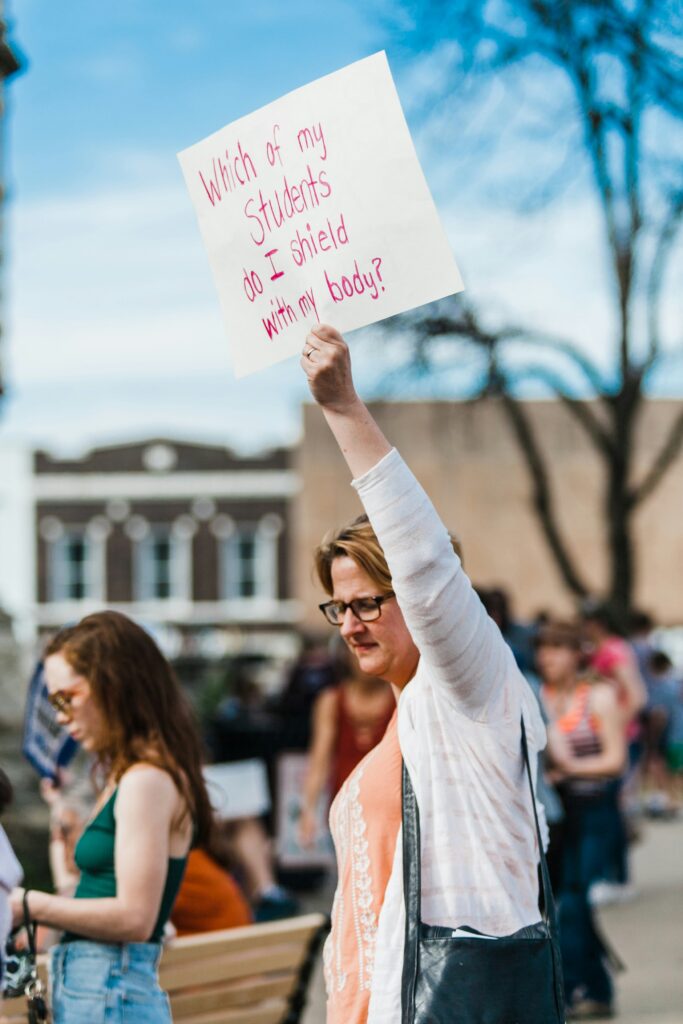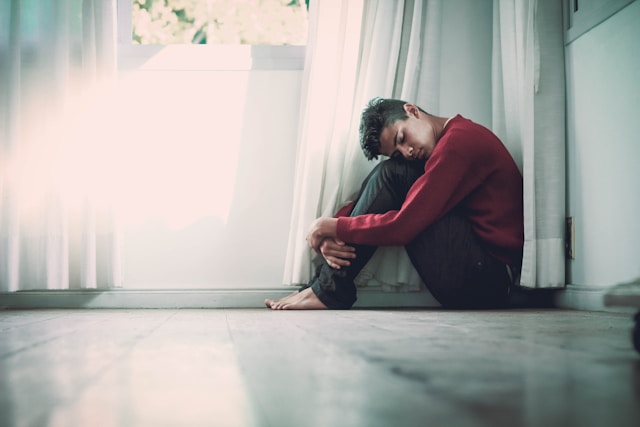Devastating Toll: Gun Violence’s Emotional Scars on Teen Mental Health
Stigmatized Mental Illness and Shooters
- It is said that shooters are mentally ill, and that is why we have these shootings, but that is simply not the truth. In fact, you are “thirteen times more likely to die in a shooting than by someone with schizophrenia” (Neuro Transmissions). So, to stigmatize shooters as being mentally ill stigmatizes those with mental illness.
- To present another fact, you are 76% if male and 300% if female, more likely to have mental illness. In fact, a whopping 5% of people with mental illness commit a crime (Neuro Transmissions).
- Mental illness is a complex issue that should not be oversimplified or used as a blanket explanation for all forms of immoral behavior, including acts of violence.

While some abusers may have mental health issues, it is crucial to recognize that most individuals with mental illness are not violent. In fact, people with mental health conditions are more likely to be victims of violence rather than perpetrators.
It is important to address the root causes of gun violence, such as access to firearms, societal factors, and a lack of intervention and support systems, rather than solely attributing it to mental illness.
By focusing on these factors, we can have a more informed and comprehensive discussion about gun violence and its impact on teenage mental health.
What we Know
- Most shootings are planned, organized, researched, and conducted in advance.
- Examples: Columbine, Buffalo, Las Vegas, etc
- Most shootings are performed because of some kind of vendetta, racism, personal agenda, economic issue, fame, religious propaganda, or homophobia.
- Mental illness is often an excuse used by media or politicians to navigate public attention away from more significant issues like domestic terrorism, but this is not a political post, and we are not going into this.
What Does Not Kill You Makes You Survive

The aftereffects of shootings affect adolescents and teenagers significantly. Anxiety about going to school often increases and can make it hard to pay attention in class and participate in after-school activities. It can even lead to lost friendships if they were people you were around during the shooting, as they can be personal triggers of the memories.
“Anxiety is a very contagious emotion (The Aspen Institute).”
Students dealing with anxiety frequently encounter obstacles in attending school consistently. The fear and worry associated with anxiety can make it challenging for them to leave their comfort zones and engage in social activities, including going to school.
This often results in frequent class absences or even school avoidance, which impacts their education. Constant stress and anxiety hinder their ability to concentrate in class, impacting their academic performance and quality of life.
- The constant worry and fear associated with anxiety can make it difficult for these students to enjoy their daily activities and maintain healthy relationships, further diminishing their overall well-being.
- “In 2019, approximately 8.7% of students from 9th to 12th grade reported that they did not attend school owing to safety concerns at least once in the past 30 days—an increase of more than 2-fold since 1993 (Riehm, Kira E et al. ).”
- Mental illness weighs heavily on minority individuals, amplifying their struggles, particularly when subjected to targeted attacks. Teenagers find themselves burdened with the daunting task of preventing shootings, as stress intertwines with their already prevalent concerns.
What Can Be Done?
It is essential to address and support students with anxiety to ensure they have access to interventions and resources that can help them manage their symptoms and improve their school attendance and overall quality of life.
Therapy is one of the significant things that can help with mental illness after an encounter with gun violence. Therapy creates a safe and supportive environment for trauma processing, symptom management, and coping strategy development, promoting healing and recovery.
Open communication and talking with the person about what would be best for them would be the best approach.
Don’t forget to subscribe to my newsletter on the home page and follow my social media platforms . I frequent Facebook, X, and Instagram Threads the most. Feel free to comment any suggestions you have for future posts.
A.F. Widener
